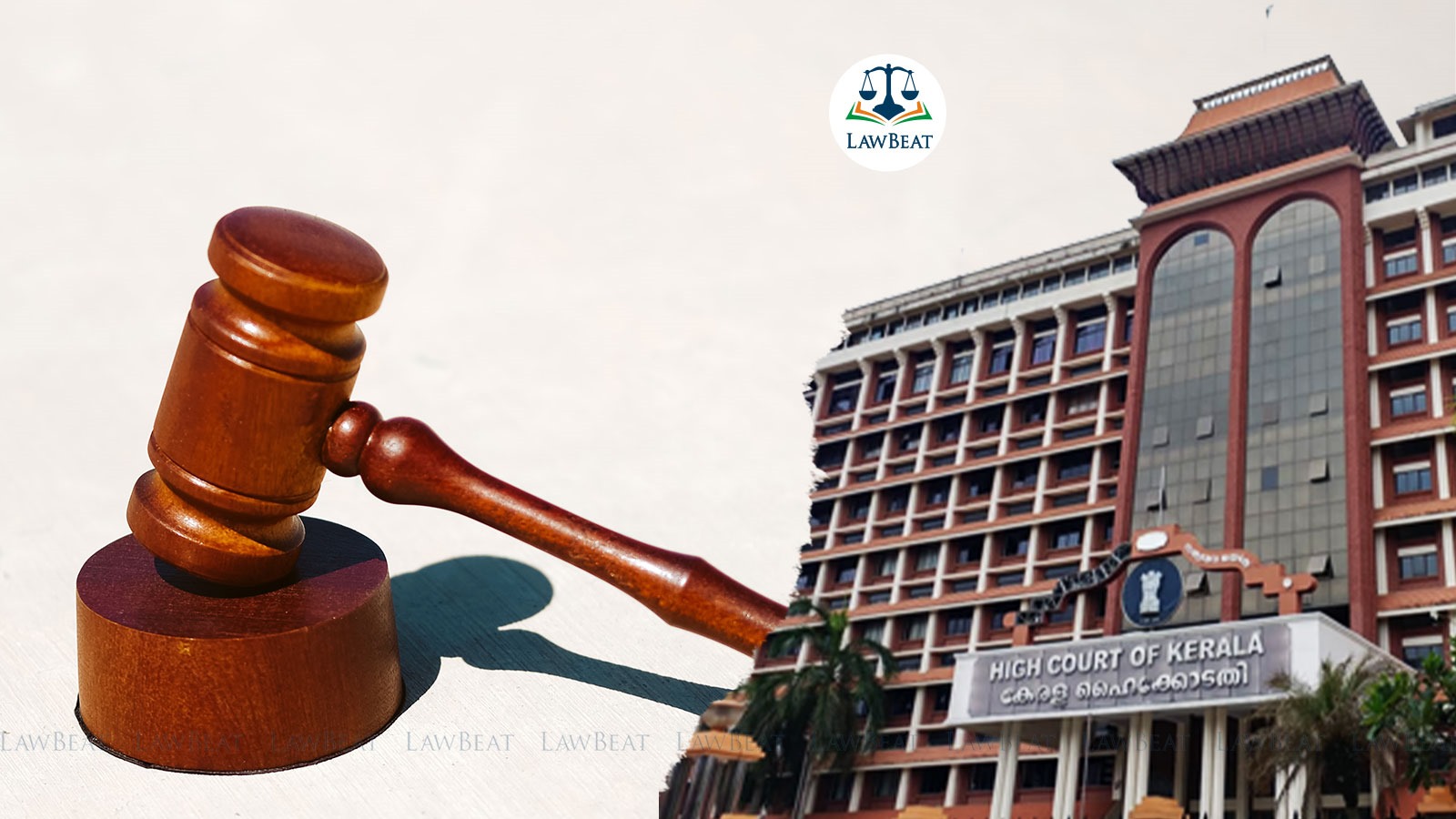Kerala HC Validates Bail Cancellation of Man Accused of Raping Minor Each Time While Out on Bail

The court noted that the accused, despite a bail condition prohibiting contact with the victim, violated this by living with her and engaging in sexual relations on promise of marriage, only to later retract from it
The Kerala High Court has upheld the cancellation of bail granted to Nibin Khan, accused of raping the same minor twice while out on bail. A Single judge bench of Justice A. Badharudeen, dismissed Khan's plea to overturn the bail cancellation order issued by the Special Court.
The petitioner was initially granted regular bail in 2022 under certain conditions, including a directive that he shall not intimidate or attempt to influence the witnesses; nor shall he tamper with the evidence or contact the victim or her family members. However, Khan allegedly violated this condition while out on bail. Between September and October 2023, the petitioner allegedly took the defacto complainant with the intention of persuading her to withdraw from the prosecution, even engaging in sexual acts with her during this period. This led to the filing of a second case, with charges under Sections 354, 376(2)(n), and 195A of the Indian Penal Code, and Section 66E of the Information Technology Act. The High Court had granted the accused Anticipatory bail in December 2023, in the second crime, after it was highlighted he was in a romantic relationship with the victim and intended to marry her. But the marriage could not be solemnised and as a result, the bail granted to the accused was cancelled by the Special court.
The petitioner counsel argued that despite the ongoing relationship between the petitioner and the complainant, which led to the first crime, the trial court should not have canceled the bail. The petitioner and the complainant reportedly decided to live together and intended to marry, as indicated by a notice of marriage though the marriage did not materialize.
The court considered the key question, ‘whether the Special Court cancelled the bail for justifiable reasons and the same would require interference?’. In answer to this, the court emphasised the importance of adhering to bail conditions, particularly when the accused is entrusted with liberty pending trial. The court pointed to established legal principles and stated, “if the accused misuses his liberty by indulging in similar/other criminal activity violating condition/conditions imposed in the bail order, the same is a supervening circumstances to cancel the bail.”
The court further highlighted that “the legal position is well settled. When a Court grants bail after imposing conditions, violation of any of the conditions in a bail order would lead to cancellation of bail by invoking power under Section 439 (2) of Cr.P.C.”
The court took note of the fact that the petitioner was granted bail with a condition that prohibited him from contacting the victim or her family. In clear violation of this condition, the petitioner brought the defacto complainant with him, lived with her, and subjected her to sexual intercourse under the pretense of marriage. Despite giving notice to marry under the Special Marriage Act, the petitioner later retracted from the marriage.
The court underscored that bail is not a right but a concession that can be revoked if it is abused or if the conduct of the accused impedes the course of justice, referring to the judgment in Dolat Ram v. State of Haryana (1995). Given the seriousness of the violation and the subsequent criminal activity, the court concluded that the decision of the Special Court to cancel Khan's bail was justified.
In light of these findings, the High Court ruled against the petitioner, reinforcing the principle that bail must be revoked when there are compelling reasons that make it no longer conducive to a fair trial.
Cause Title: Nibin Khan v State of Kerala [CRL.MC NO. 7638 OF 2024]
Appearances: For the Accused/ Petitioner : By Advocates Jaison Joseph, Akhil S. Vishnu, M.N. Sanjith, Jimmy Joseph and Jenna Vallikanthan; For the State : Senior Public Prosecutor Renjit George
